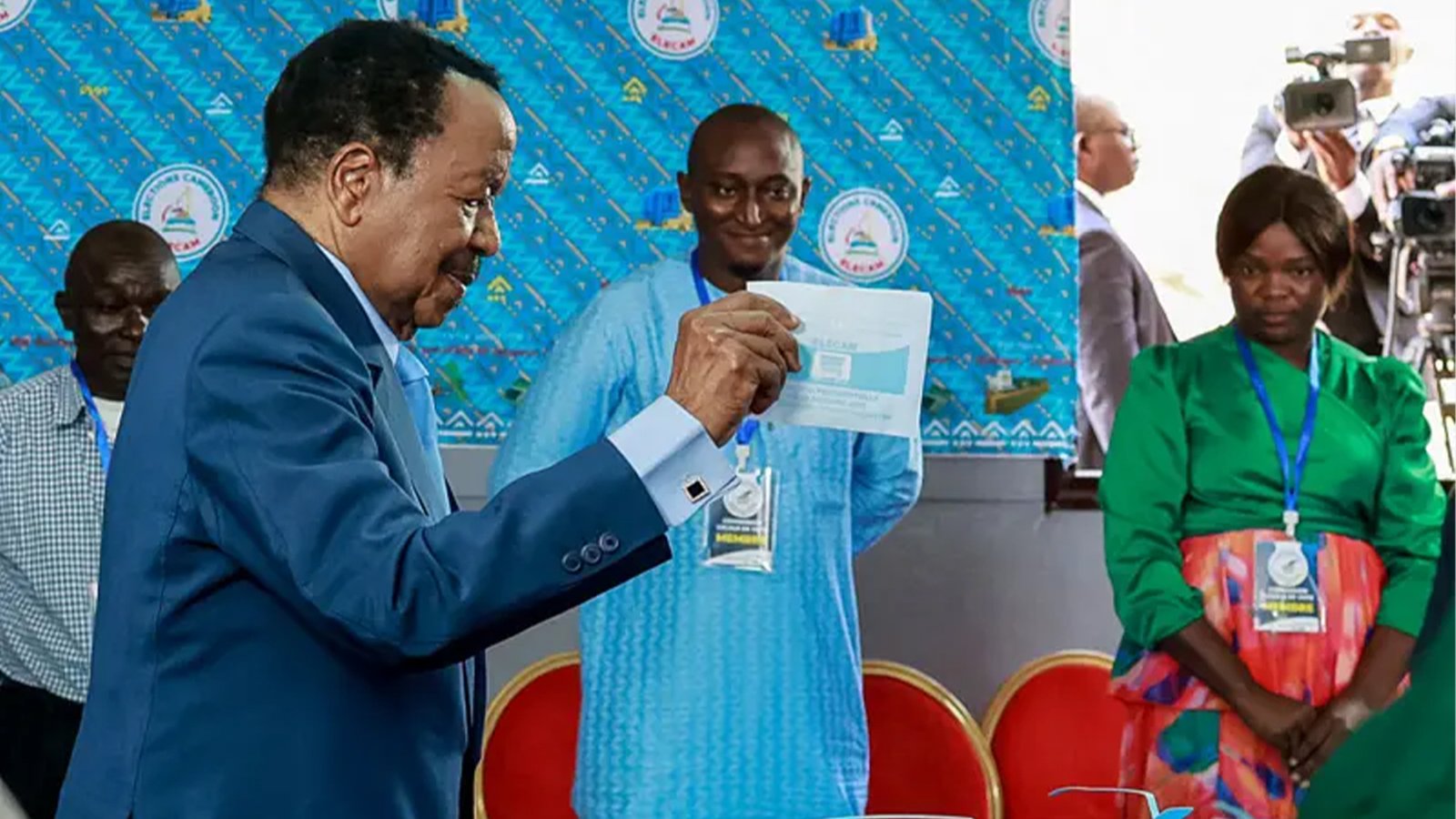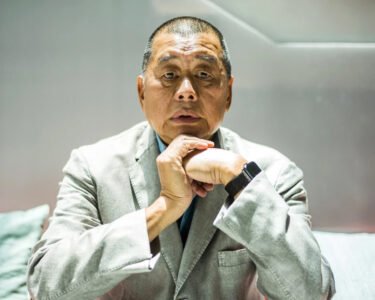Cameroon’s long-serving leader, Paul Biya, has extended his 43-year rule after securing a controversial eighth term in office, despite making few public appearances during the campaign period.
The Constitutional Council on Monday declared that Biya, aged 92, won 53.7 percent of the vote in the October 12 election, defeating his closest challenger, Issa Tchiroma Bakary, who garnered 35.2 percent.
Latest
Former Lands Official Convicted Over Fraudulent Sale of URC Land
Kumumanya Challenges Local Governments to Amplify Communication on Service Delivery
ICT Ministry Urges Local Government Officers to Embrace Digital Platforms
EC Nullifies Mbwatekamwa’s Nomination as Mbarara City Mayor
Police Dog Leads to Arrest of Coffee Thief in Bunyangabu
Mukula Drags Music Promoter Suudiman to Court Over Raila Odinga Poisoning Claims
EC Hails Peaceful Conclusion of MP Nominations
NUP Flag Bearer Arrested Over Forged Nomination Receipt in Mubende
Police Announces 100,000 Election Constable Vacancies
Ssebamala Nominated on DP Ticket Despite Rift with Mao
Biya’s campaign was largely virtual, with most of his appearances limited to social media posts featuring archival photos and quotes. Critics accused his team of using artificial intelligence-generated imagery to simulate his public presence.
He made a single late campaign appearance in Maroua, a traditional stronghold in the Far North region, where several former allies ran against him.
Since assuming office in 1982, Biya has maintained a tight grip on power, exercising near-total control over state institutions and repressing dissent.
Now the world’s oldest sitting head of state, Biya has ruled through decades of political upheaval, separatist conflict, and allegations of corruption.
Despite recurrent health rumors and lengthy stays abroad often for medical reasons or holidays in Geneva Biya has managed to preserve authority over the Central African nation.
His leadership style, marked by secrecy and isolation, has drawn growing criticism from Western governments and the United Nations.
His presidency has survived multiple crises, including a failed coup attempt in 1984 that prompted him to limit unscripted public appearances.
He is known to keep tight security and delegate only to trusted loyalists, with discussions about his succession remaining taboo.
Biya, a former seminarian who later studied political science in Paris, rose through the ranks under Cameroon’s first president, Ahmadou Ahidjo, before succeeding him in 1982.
Since the introduction of multiparty politics in 1990, Biya has continued to win successive elections amid persistent opposition claims of fraud and manipulation.
Cameroon has in recent years faced worsening insecurity, including Islamist insurgencies in the Far North and a violent separatist rebellion in the Anglophone regions, both of which have drawn international condemnation for human rights abuses.
With this latest victory, Biya extends one of the world’s longest-running presidencies, solidifying his place alongside Equatorial Guinea’s Teodoro Obiang Nguema as one of Africa’s last enduring rulers from the post-colonial era.





